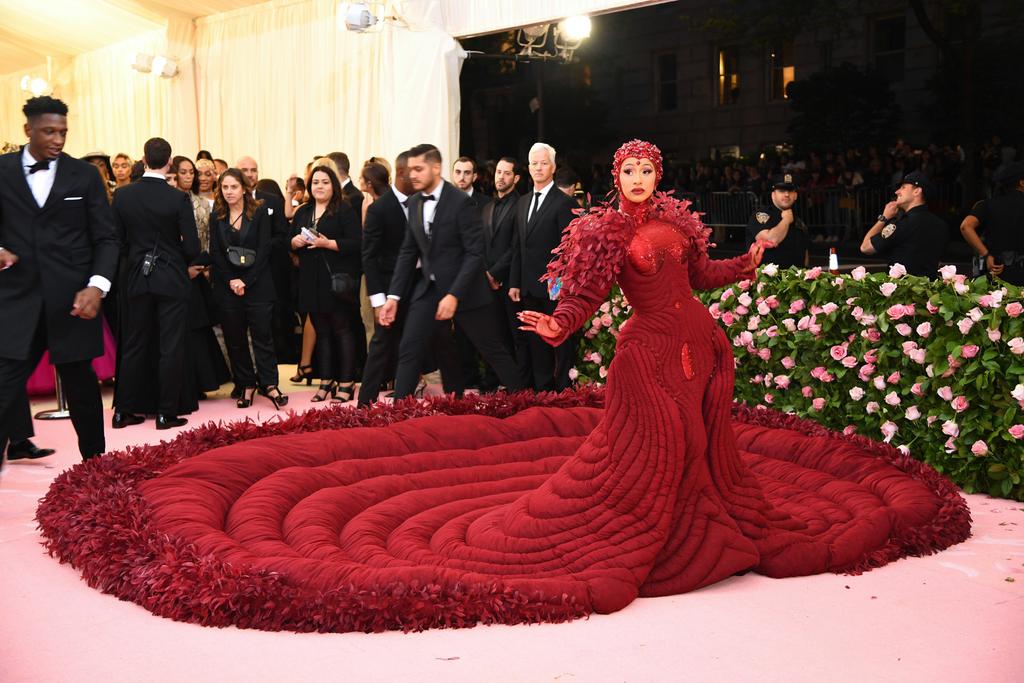What does DBT stand for?
Dialectical Behavioral Therapy
Provide examples of non-verbal validation
Eye contact, listening, nodding your head, sitting up straight
Define Mindfulness
Being aware of your present moment (thoughts, feelings, and physical sensations) without judgment. Full awareness, having an open mind.
What does it mean to have a Teflon mind?
Let experiences come into mind and slip right out (not holding on)
FREE SPACE
FREE 100 POINTS!!
What does dialectical mean?
Two opposing ideas can be true at the same time, there is always more than one way to think about a situation
Define Invalidation
communicating what you're thinking, feeling or doing doesn't make sense is considered an overreaction
Provide two examples of mindfulness activities
Penny Activity, mindfulness script, observation of music, describing a picture, writing with your left hand about spring, mindfulness maze, snap crackle pop, Sound ball,
What does it mean to have a Velcro Mind
Letting thoughts and feeling stick to our minds which can cause additional suffering
Describe this picture without judgment

Define Validation
Communicating that someone's responses makes sense and are understandable within the situation
Provide example of invalidating statement
"That's life" "You'll be fine" "stop being a baby" "its your fault, you should have tried harder." "Stop worrying, its not a big deal"
What are the three states of mind
Emotional Mind, Wise Mind, Reasonable Mind
How often should you practice mindfulness?
Everyday
Describe this picture without judgment
Provide example of a validating statement
example: "I see that you are feeling sad right now and it is difficult to speak" " Its seems like you are struggling right now, I will support you"
True or False: DBT was developed by Dr. Marsha Linehan
True
Define each state of mind
Emotional Mind: your emotion consumes you and its hard to think about consequences
Reasonable Mind: acting or thinking about something without emotions present, black or white thinking
Wise Mind: The blend of emotional and reasonable mind, what you know to be true
How can mindfulness benefit you?
1) Give you more choices and more control over your behavior
2) Help you make important decisions
3) Help focus your attention
4) Being mindful can lessen your pain, tensions and stress
True or False: Both emotion and reason are needed for important decisions.
True
Name two areas that skills training can help with:
Impulsivity and Interpersonal problems
Name two areas that skills training can help with:
Reduced awareness and Emotional dysregulation
Three biological factors of the BioSocial Theory:
High Emotional Reactivity, High Emotional Sensitivity, and Slow return to baseline
What are the steps to Wise Mind using the HOW skill
Observe, Describe and Participate
What are the steps to Wise Mind using the WHAT skills
Observe outside yourself using 5 senses, observe inside yourself
